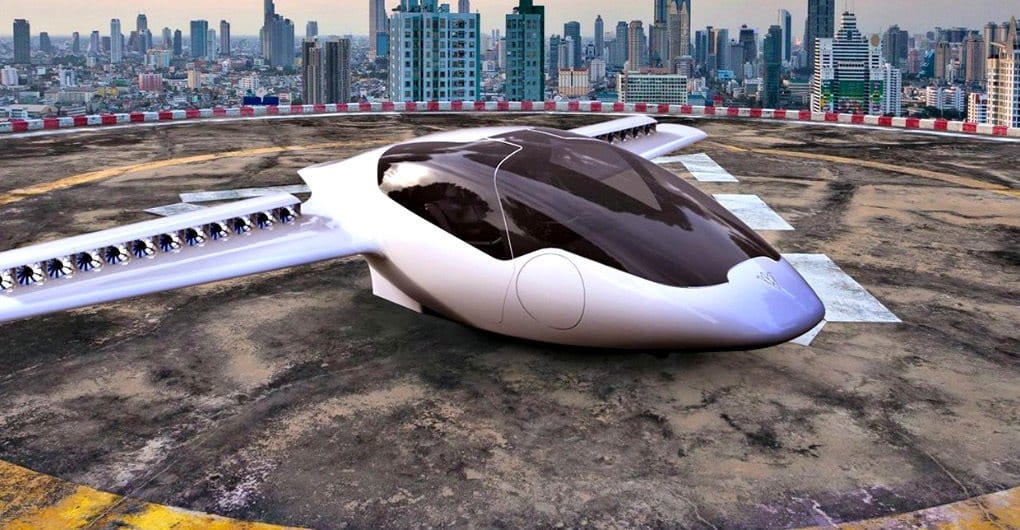From daydreamers to moviemakers, futuristic travel includes some form of flying taxi. If you remember “Blade Runner,” “Back to the Future” and “The Jetsons,” you know the blueprint.
That concept continues to inch toward reality with Llium, a company joining forces with real estate development firm Tavistock, announcing plans for a flying-taxi-driven travel network within five years.
Based in Munich, Lillium has raised more than $375 million and targets its first hub—the company calls it a “vertiport”—to open in 2025 just outside Orlando in Lake Nona, Fla.
“Today marks the first step in a major change in the way that people move from city to city,” Orlando mayor Buddy Dwyer said in a Wednesday news conference.
Lilium’s aircraft, with 36 electric engines, can take off and land vertically. The aircraft can carry four passengers and a pilot and fly 186 miles in one hour.
The company said the consumer price to fly to a Florida city, at the beginning of the rollout, would be roughly the premium airline fare to the same city, but, according to Lillium CEO Remo Gerber, within five to 10 years, prices could approximate the cost to drive a car the same distance.
The fixed-wing aircraft’s engines point down for a vertical takeoff and tilt to the rear for horizontal flight. “It’s a hundred times safer than helicopters. Pricing is five to 10 times cheaper,” Gerber told Reuters in an interview.
Because there is no runway, the cost of a vertiport is much lower than a traditional airport.
The Orlando Sentinel reported that, on Monday, the city council agreed to give nearly $1 million in tax breaks over 10 years to Lilium as incentive for creating 143 jobs at its 56,000 square-foot vertiport facility in Lake Nona.


















Add comment